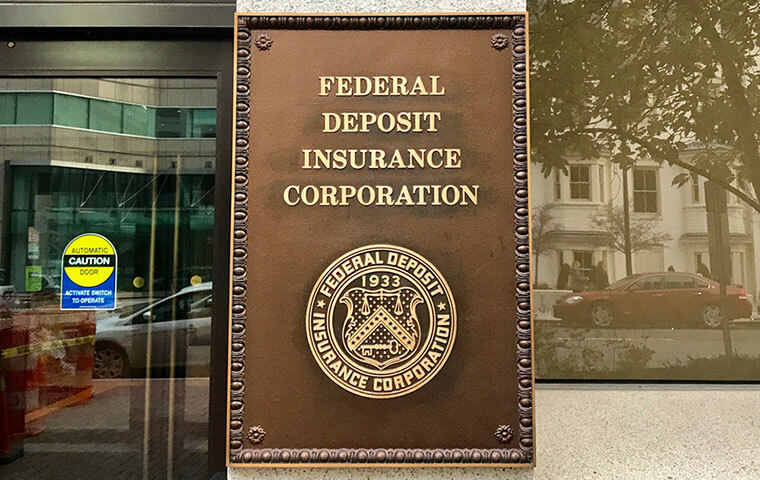 Such programs are concentrated in agencies including the Consumer Financial Protection Bureau, the FDIC, HHS, Labor, SSA and HUD. Image: DCStockPhotography/Shutterstock.com
By: FEDweek Staff
Such programs are concentrated in agencies including the Consumer Financial Protection Bureau, the FDIC, HHS, Labor, SSA and HUD. Image: DCStockPhotography/Shutterstock.com
By: FEDweek StaffThe GAO has called for more focus on the results of agency financial literacy programs for the public, saying that in the last five reports from an interagency council on such programs, there was data on specific outcomes on only one of them.
GAO said it found 24 examples of federal financial literacy programs and resources to help with financial decision-making, concentrated in agencies including the Consumer Financial Protection Bureau, the FDIC, HHS, Labor, SSA and HUD. Some of those programs were geared toward older people, some toward people with disabilities and some toward the general public, while some were geared toward more than one of those categories.
Common themes, it said, include: navigating government income and health benefits, involving matters such as deciding when to draw Social Security benefits and choosing among Medicare options; managing retirement savings, including deciding how to withdraw them; deciding whether to move or to take a reverse mortgage on a home; and awareness of potential financial scams and how to avoid them.
Most programs addressed only one or two of those issues, although five of them addressed three and mymoney.gov addressed all four, GAO said.
However, it said that in the last five annual reports from a body overseeing such programs, the Financial Literacy and Education Commission, only a housing counseling program at HUD, “included outcome measures such as the number of people who improved their living conditions or developed a household budget. The reports contain similarly limited outcome information for other financial literacy programs,” the GAO said.
It said that while the commission’s own strategy document favors measuring the outcomes of those programs, it “has not fully coordinated with member agencies to encourage the ongoing collection of program outcome data.”
GAO said the Treasury Department and the CFPB, which oversee the council, agreed with recommendations to encourage agencies to collect data on outcomes and include them in reports. “More robust information on program outcomes could help agencies manage their programs and provide Congress information it needs to oversee federal financial literacy programs and help ensure they are meeting the needs of all Americans, including specific groups such as older adults and people with disabilities,” it said.
Senate Eyes Vote to Pay Federal Employees Working Unpaid
Series of Bills Offered to Address Shutdown’s Impact on Employees
Public Starting to Feel Impact of Shutdown, Survey Shows
OPM Details Coverage Changes, Plan Dropouts for FEHB/PSHB in 2026
Does My FEHB/PSHB Plan Stack Up? Here’s How to Tell
2025 TSP Rollercoaster and the G Fund Merry-go-Round
See also,
TSP Takes Step toward Upcoming In-Plan Roth Conversions
5 Steps to Protect Your Federal Job During the Shutdown
Over 30K TSP Accounts Have Crossed the Million Mark in 2025

